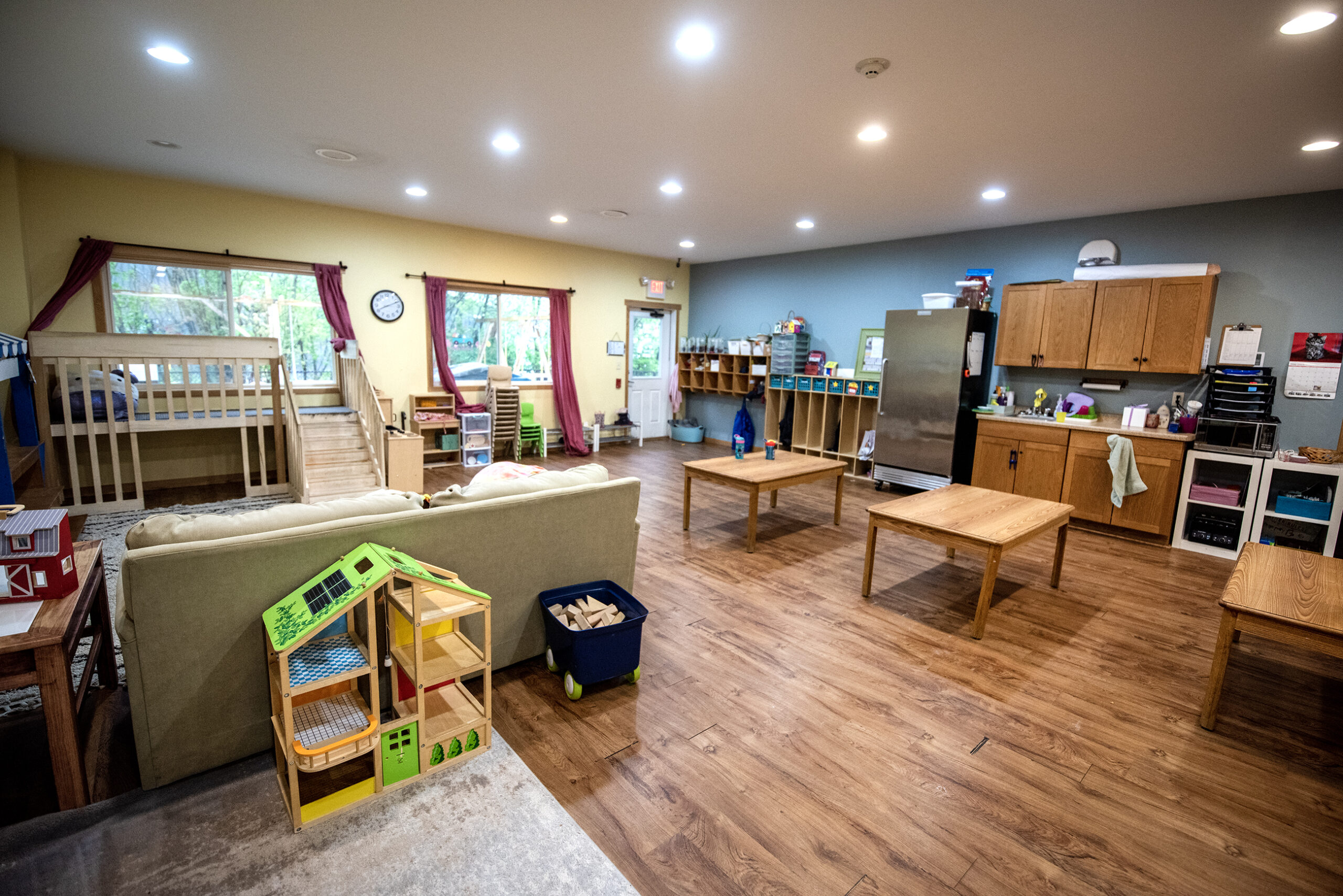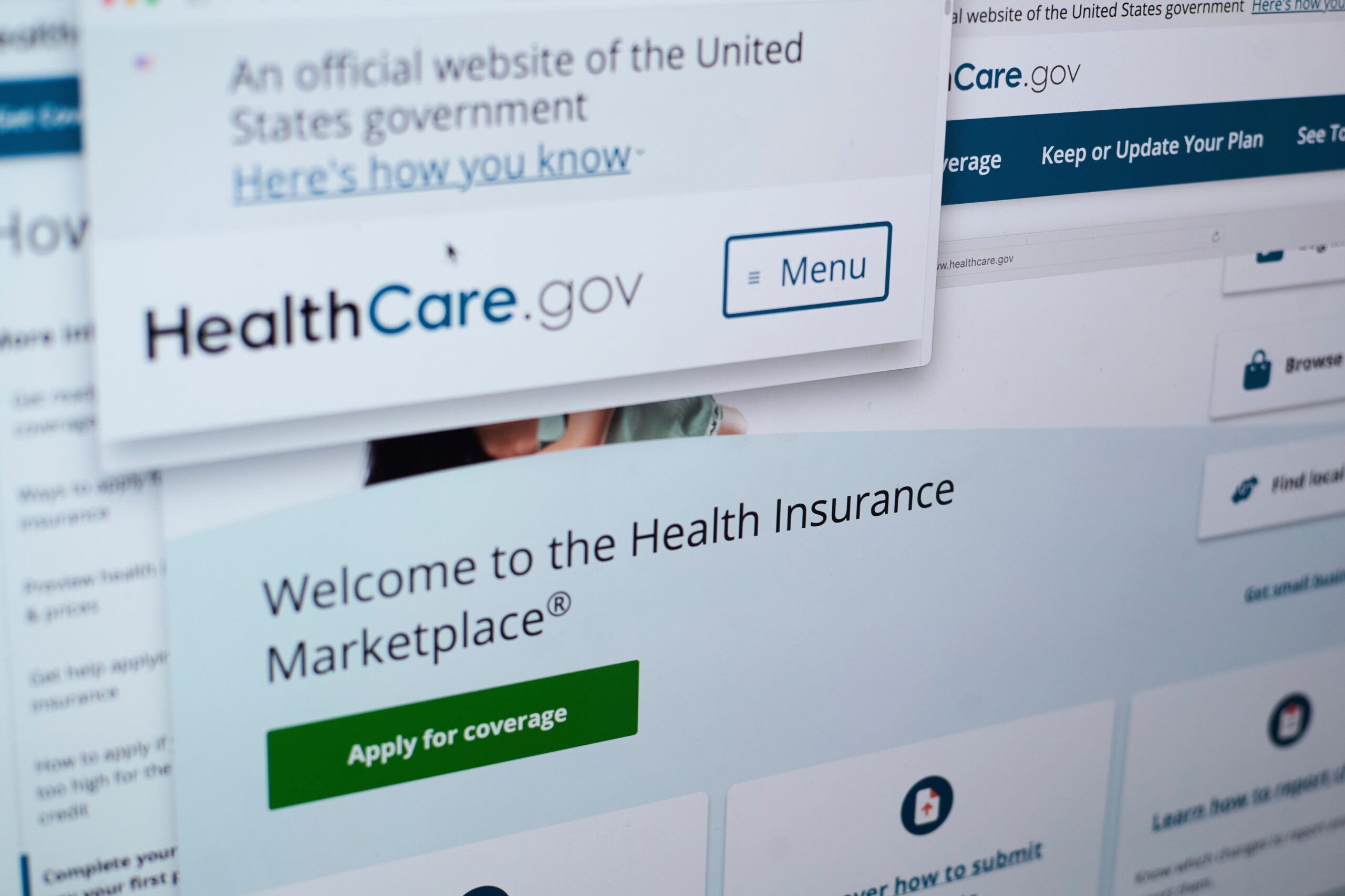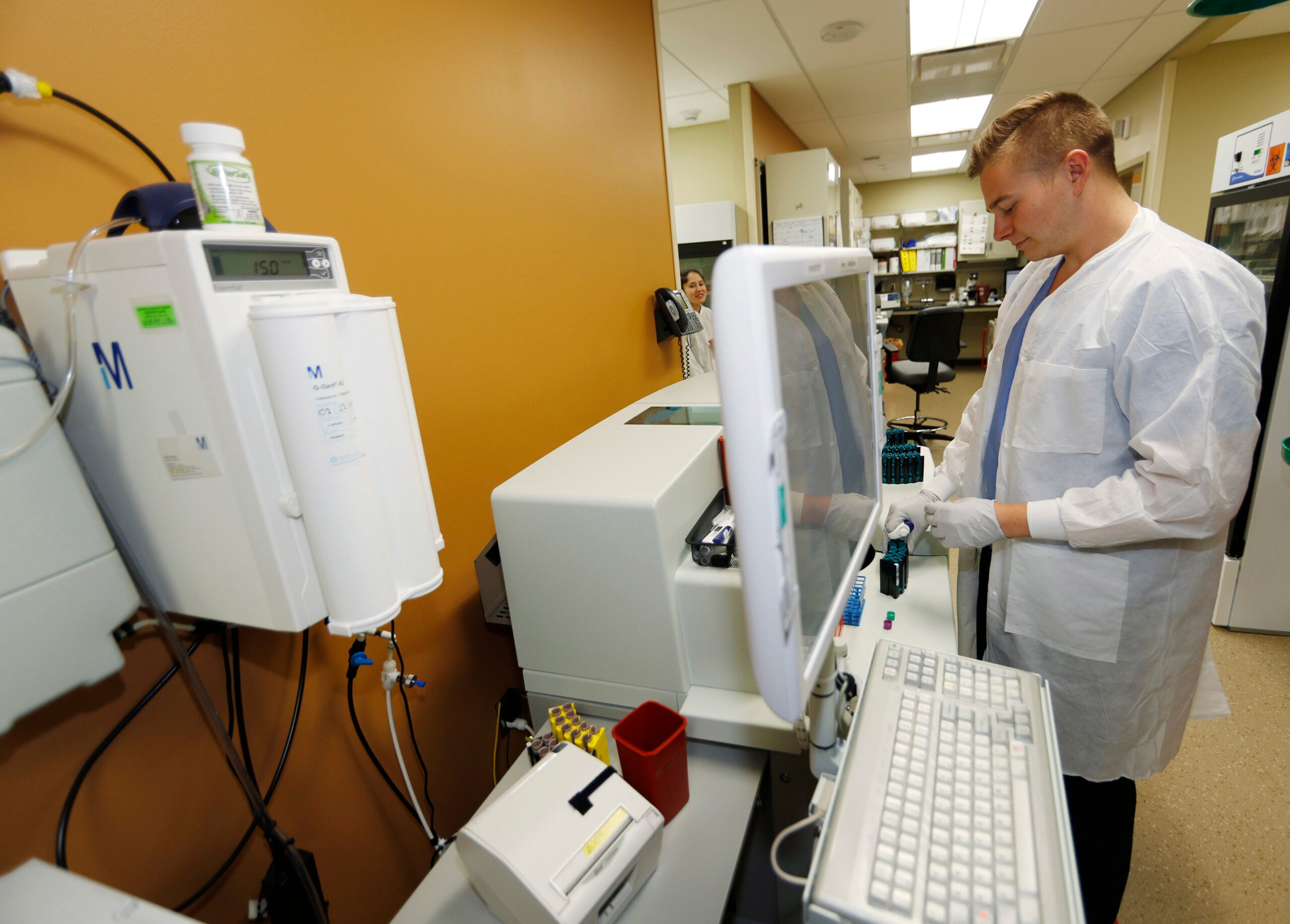A proposal from Republican lawmakers would offer state tax breaks to Wisconsin businesses that help their employees afford child care.
The refundable tax credits would apply to businesses that start their own day cares for workers, as well as to those who help employees pay for outside providers.
During a public hearing this week, Sen. Dan Feyen, R-Fond Du Lac, said the legislation is one way to increase participation in Wisconsin’s workforce.
News with a little more humanity
WPR’s “Wisconsin Today” newsletter keeps you connected to the state you love without feeling overwhelmed. No paywall. No agenda. No corporate filter.
“Wisconsin is facing rising costs and reduced capacity in our day care industry,” said Feyen, a co-sponsor of the proposal. “This is putting incredible strain on working families (and) putting parents in a position of choosing between dual incomes or sending kids to a day care.”
The bill includes a credit of up $100,000 to help a business with the start-up costs of creating its own day care program for the children of employees. A business could use that credit for capital expenses, such as playground equipment or lease or mortgage payments. A business could also use that credit to pay an outside nonprofit to establish a day care program.
It would be on top of a proposed credit of up to $3,000 per child to cover the operating and administrative costs of an employee’s child care. Those payments could be made either to a business’ in-house day care or to an outside provider, but the employer would only be eligible for the additional per-child credit if the employer covers at least half of the employee’s child care costs.
That requirement for a matching contribution will ensure an employer has “sufficient skin in the game,” said Rep. David Armstrong, R-Rice Lake, who introduced the legislation. While Armstrong acknowledged the bill is “not a magic bullet,” he said he hopes it will encourage employers to be “more aggressive” in responding to their workers’ child care needs.
If the bill becomes law, Wisconsin would join 19 other states that offer similar types of child care tax credits to employers, according to testimony from Wisconsin Manufacturers & Commerce, the state’s largest business association, which supports the bill.
The Wisconsin proposal would be more expansive than a federal tax credit that already applies to employers that provide or help pay for child care, according to an analysis from Wisconsin’s Department of Revenue.
As of Thursday afternoon, no groups had registered to lobby against the legislation. Nonetheless, during a hearing before the Assembly Committee on Ways and Means, Rep. Sue Conley, D-Janesville, suggested tax incentives are only part of the solution to Wisconsin’s child care crisis.
“We know that many families can’t afford child care, and if you don’t work for a business that cares about that, you’re still going to be left out,” Conley said. “So I see this as maybe one puzzle piece of the whole child care need.”
Republicans have rejected plans from Gov. Tony Evers and other Democrats that would have allocated more than $300 million in state funding to continue a pandemic-era subsidy to child care centers, known as Child Care Counts.
Federal money for that program is set to expire in January, but Evers recently announced plans to use emergency funding to keep the program running at a reduced level through June.
The Wisconsin Early Childhood Association, which lobbies on behalf of child care professionals, has registered in support of the newly-introduced child care tax credit bill. Executive Director Ruth Schmidt called the bill “another tool for our state to have,” but said the tax credit is not a far-reaching or long-term solution.
“We need an investment of state revenue,” she said in an interview with WPR. “Child care is an industry that exists for the sole purpose of providing care for children primarily while their families and parents work and guardians work and that benefits our economy and that ensures that we have a large tax base.”
Earlier this year, Wisconsin’s Republican-led Assembly passed a six-bill package aimed at improving child care affordability through changes, including allowing parents to create tax-exempt accounts for child care expenses and loosening some regulations. That package has yet to clear the state Senate, and it’s faced criticism from Democrats who’ve warned the changes will hurt child care quality and worsen employee burnout by lowering licensing standards.
Last month, Evers vetoed a GOP tax cut plan that included expanded child care tax credits for parents after Republicans gutted his plan aimed at supporting child care and Wisconsin’s workforce.
Wisconsin Public Radio, © Copyright 2025, Board of Regents of the University of Wisconsin System and Wisconsin Educational Communications Board.







